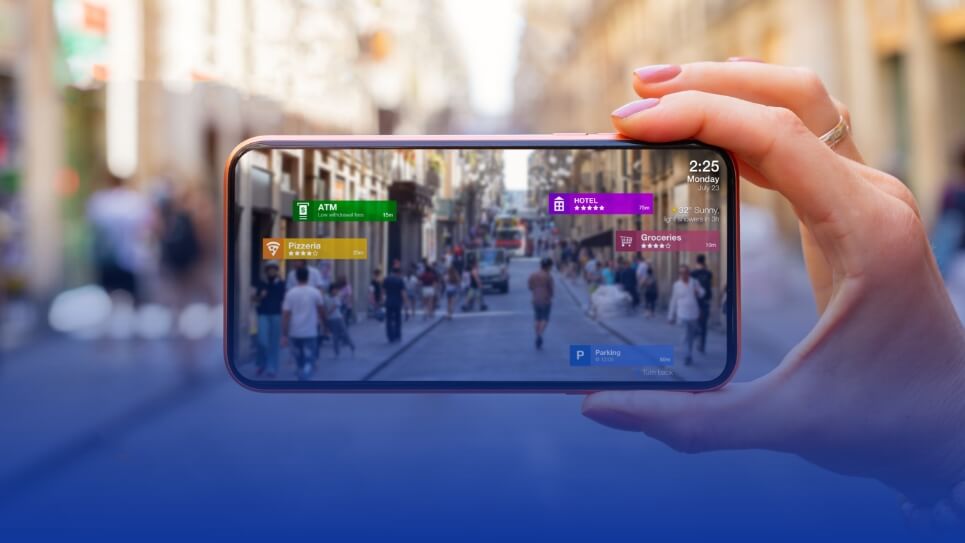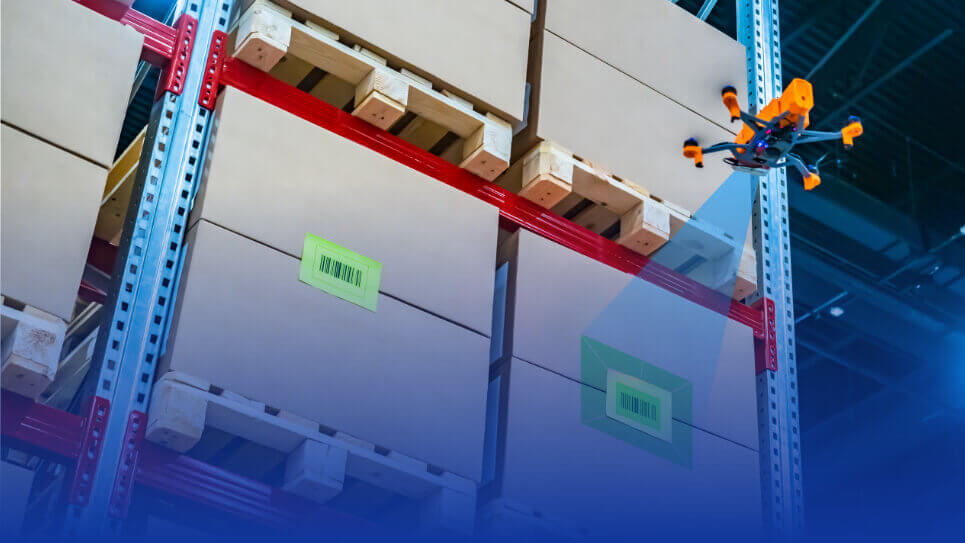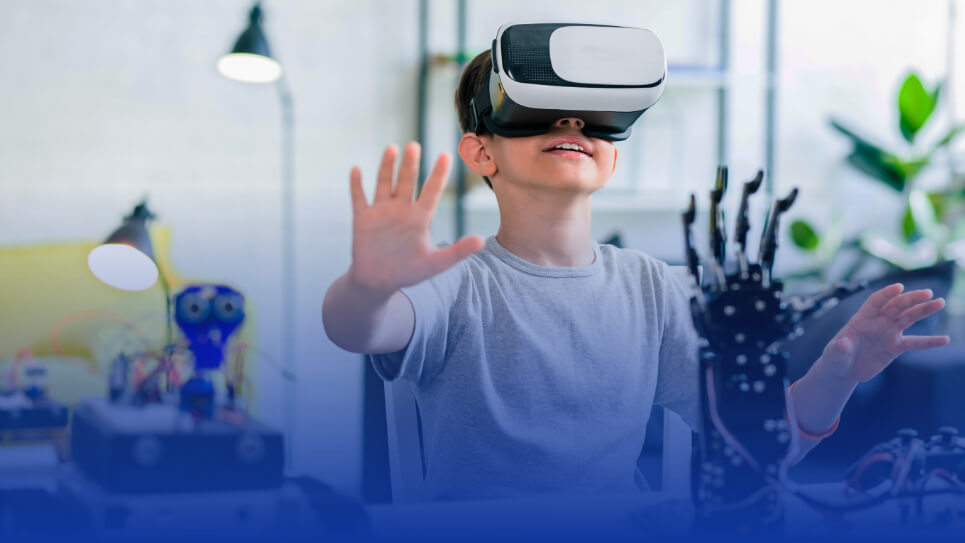The digital economy represents the end-to-end digitization of business processes and everyday activities—an achievement that requires integrating connectivity, software and hardware.
5G will deliver faster connections (up to 20x the speeds of 4G), increased network capacity (up to 100x the traffic capacity of 4G), ultra-low latency and improved reliability (up to 10x lower than 4G) as well as enhanced security.
Let’s find five industries that will be most impacted by 5G.
Transportation & Tourism
-3D motion tracking
-AR/VR immersive experience of tourist sites
-Remote access to interesting locations and experiences.

Manufacturing:
-Drones in industries for real-time observation
-Autonomous and AI robotics
-IoT and connected sensors
-AR asset diagnostics

Healthcare:
-Cranes with remote control
-Port operations are monitored via intelligent video surveillance.
-Logistics tracking and monitoring on a self-contained basis
-Tugboats, security cameras, and sensors are all connected.

Education:
-Sensors are integrated into the generation and distribution grids as part of the smart grid.
-Smart metres and advanced metering infrastructure.
-Sites are monitored remotely.
-Efficiency in terms of energy use.

Agriculture:
-Unmanned farming
-Automated harvesting
-Smart crop management
-Agriculture cloud platform

Digital Nasional Berhad has identified several major industries that could be early beneficiaries of the 5G deployment, including oil and gas, ports, tourism, education, healthcare, agriculture, manufacturing, retail, as well as power and utilities. For more information, go to the Digital Nasional Berhad (DNB) website.